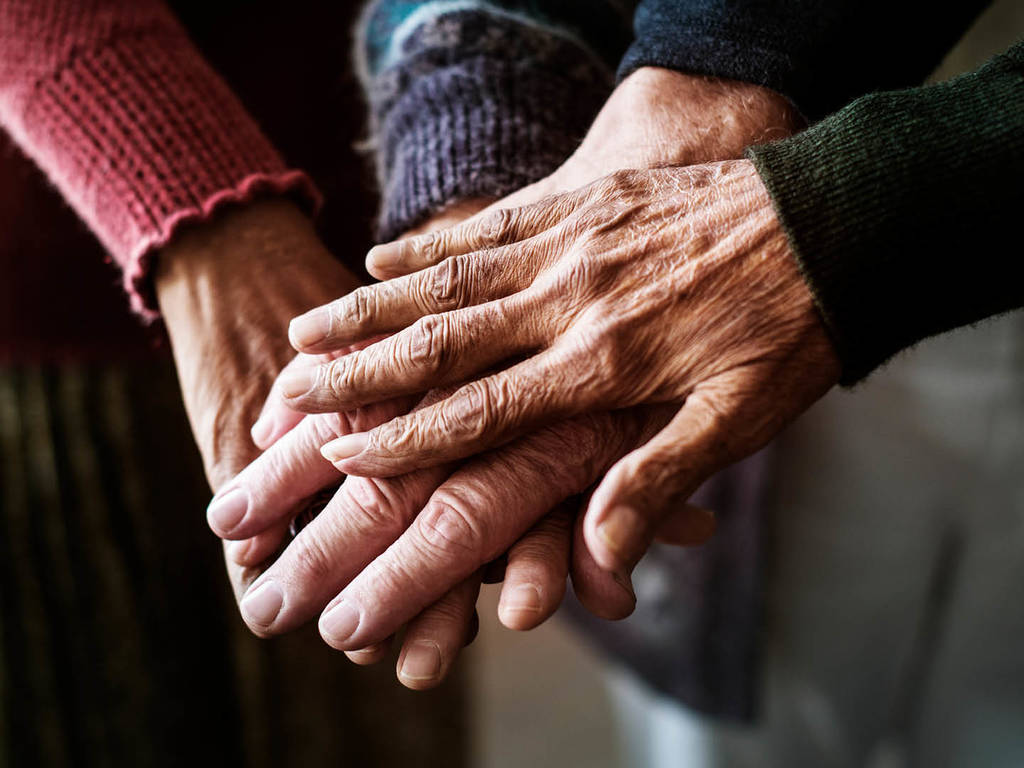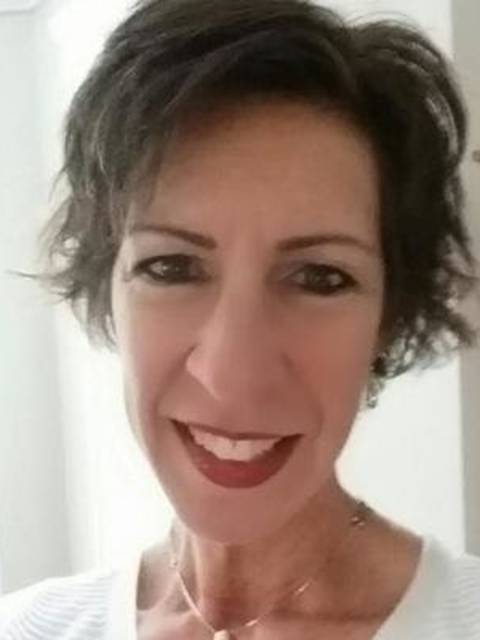Whether you have years of experience dealing with individuals with hoarding disorders or none at all, this program will help you bring together a team to effectively work with individuals suffering from this mental illness in your community.
| Series | Hoarding: Compassion and Collaboration Series |
|---|---|
| Related Program |
A cross-discipline team approach
According to the American Psychiatric Association, approximately 2 to 6 percent of the population suffers from a hoarding disorder. People with a hoarding disorder can create situations that cause health and safety concerns and lead to those on the front lines of enforcement to uncover these individuals. Dealing with hoarders on an individual basis can be time-consuming and ineffective if the underlying mental health issues are not addressed. This program will give you tools to create teams in your area to effectively help people with hoarding disorders by working together to address this mental illness.
This virtual interactive course is designed to give potential cross-discipline teams a way to come together with guided brainstorming and the ability to ask questions in order to create their own hoarding task force. We encourage participants who are contemplating developing hoarding taskforces, partnerships, or teams to attend the training together but this is not required.
Some key takeaways will be:
- Ways to identify collaborative opportunities
- Tools to help secure buy-in and engagement from community partners
- Tips for implementing collaborative community solutions
- Ideas for establishing uniform protocols
It is highly recommended to take Hoarding: Identifying, Assessing, and Addressing before taking Collaborative Community Approaches to Hoarding, as they are designed to build on each other.

Who should attend
Health and human service professionals such as social workers, counselors, therapists. Police, fire department, health department, property management, and code enforcement personnel may also benefit from this program.
Instructors
-

Marnie Matthews is a Licensed Clinical Social Worker specializing in the mental health treatment and crisis management of hoarding and the founder of the Center for Hoarding and Cluttering and The Clutter Movement. Prior to moving to Tennessee, Marnie developed and was the Clinical and Program Director of the North Shore Center for Hoarding and Cluttering (NSCHC) in Massachusetts from May 2011 to June 2017. Marnie is recognized as one of the top experts in the field of hoarding work, providing treatment, consultations, and on-site training in addition to speaking regularly at conferences and agencies throughout the United States on topics such as Understanding Hoarding Disorder, CBT for Hoarding Behavior, Hoarding Task Force Development, and the Collaborative Approach for Resolving Hoarding Cases. Marnie developed the Uniform Inspection Checklist (UIC) as a standardized and objective tool for assessing, goal setting, and the monitoring and measuring of progress in hoarding cases. The UIC is currently being used nationwide, in Canada, and in Australia to help resolve hoarding cases. Marnie has been the Vice-President of the Board of Directors of The Hoarding Project, a member of the Hoarding Task Force of Middle TN, chaired the North Shore Hoarding Task Force, was a member of the Boston Hoarding Task Force, and sat on the MA Statewide Steering Committee on Hoarding. Marnie is also a Graduate Level Field Instructor and has supervised and trained Social Workers since 2013 for programs at Salem State University, Simmons College and Denver University. In addition, Marnie currently works with clients struggling with Hoarding Disorder, Hoarding Behavior, Anxiety Disorder and OCD through the Nashville OCD and Anxiety Treatment Center in Brentwood, Tennessee.